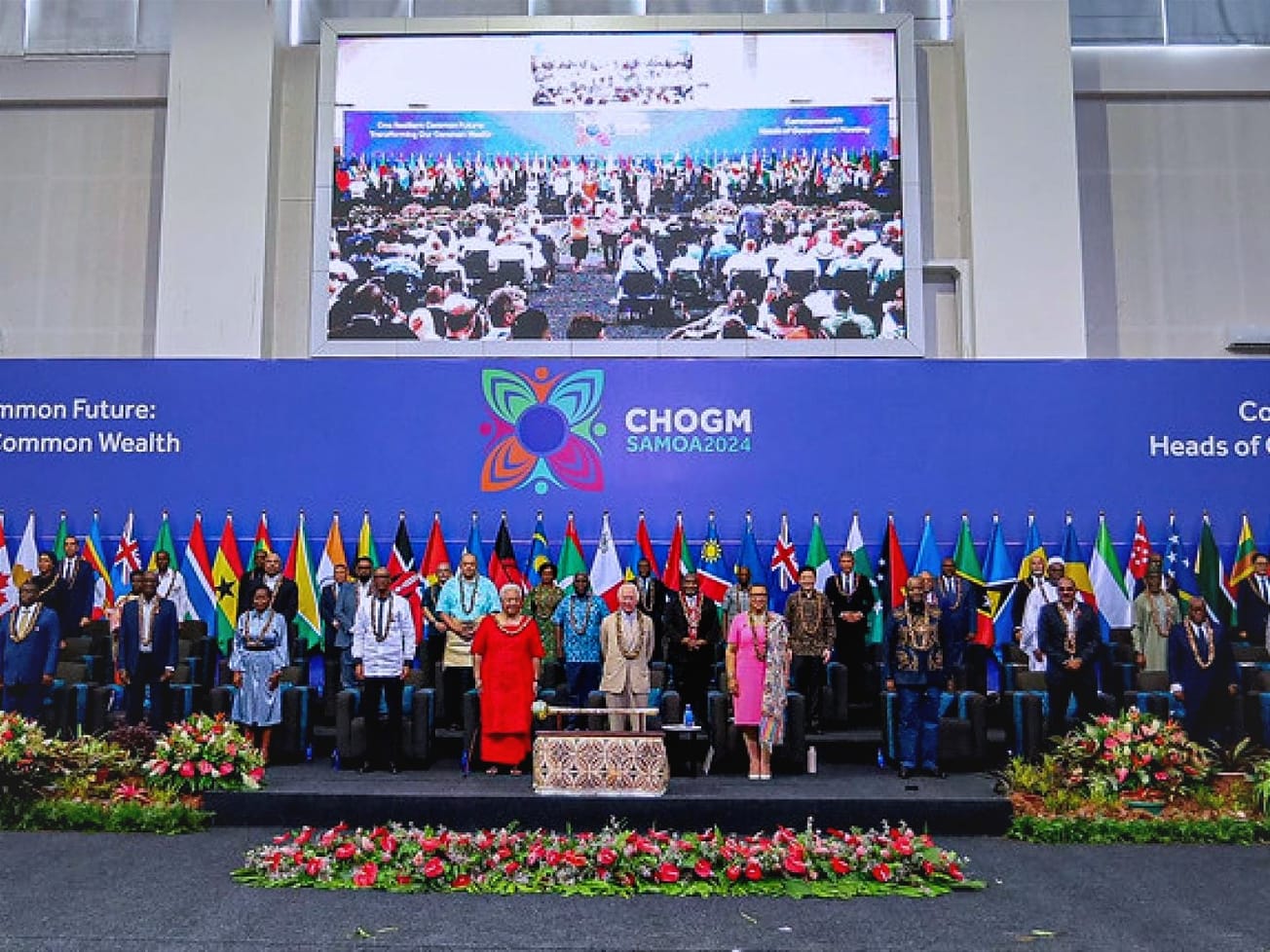A two-day summit for 56 heads of government, including British Prime Minister Keir Starmer, ended with leaders calling for a formal dialogue about reparations for Britain's role in the transatlantic slave trade.
The Commonwealth of Nations' statement on Saturday at the end of its biennial summit, which was hosted this year in Apia, Samoa, concluded "the time has come for a meaningful, truthful and respectful conversation towards forging a common future based on equity."









